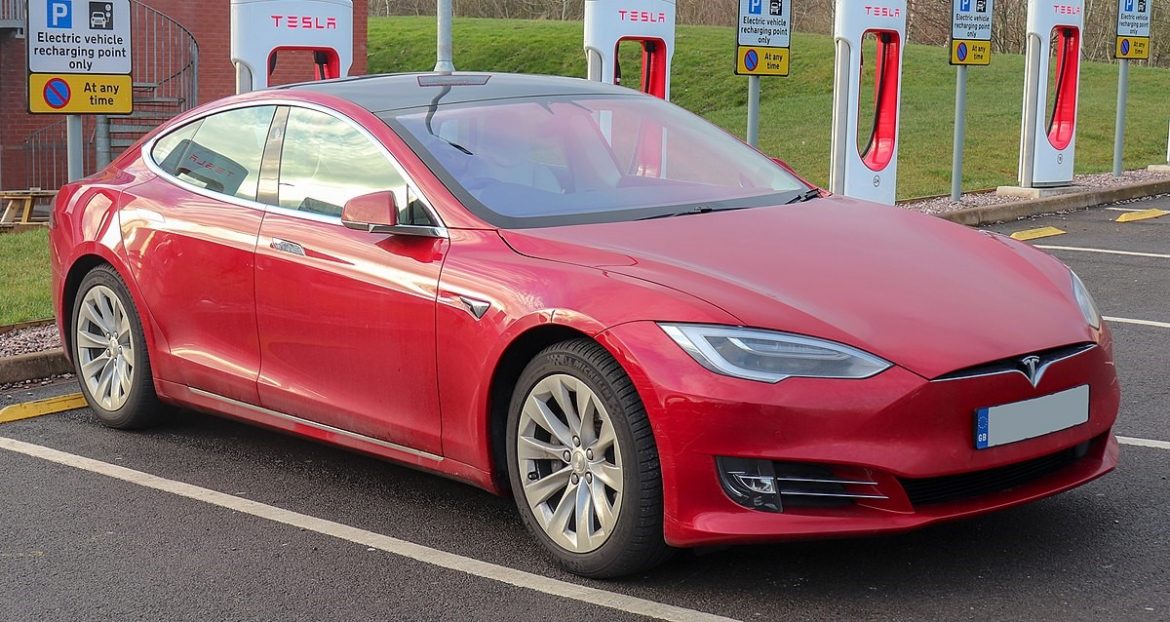Tesla has rolled out a significant software upgrade for its in-car navigation system in China, aiming to improve the user experience and safety of its drivers. This update introduces several new features, including the display of lane markings on its maps, which align with the actual lanes on the road. This move is part of Tesla’s broader strategy to reduce drivers’ reliance on smartphone applications while driving.
Key features of the update
The new software upgrade, announced on Tesla’s official WeChat account, includes several noteworthy features. One of the standout improvements is the lane-level navigation, which provides detailed road information and lane recommendations to enhance driving safety and experience. This feature aims to address long-standing complaints from Chinese users who have criticised Tesla’s in-car navigation maps for being less detailed than those available on smartphones.
Baidu maps integration
While Tesla did not specify the provider of the lane-related mapping service in its announcement, the official Shanghai Securities News reported that Baidu is the map supplier. Baidu, a leading technology company, first introduced its V20 Baidu Maps in April, naming Tesla and Huawei among its clients. Baidu has been providing navigation map services to Tesla since 2020.
The Baidu Maps V20 brings lane-level navigation, offering human drivers detailed road information and lane recommendations. This integration is expected to significantly enhance the driving safety and experience for Tesla users in China.
Addressing user concerns
Chinese users have been vocal on social media about their dissatisfaction with Tesla’s in-car navigation maps, comparing them unfavourably to smartphone maps. By incorporating Baidu’s advanced mapping technology, Tesla aims to address these concerns and improve the overall user experience. This move is crucial as Tesla continues to expand its presence in the Chinese market, which is one of its largest and most important markets globally.
Full self-driving (FSD) software in China
Tesla is also making strides with its ‘Full Self-Driving’ (FSD) software system in China. The company, known for its reliance on cameras as sensors for its autonomous driving technology, is in the process of registering this advanced feature with Chinese authorities. This development marks a significant step forward for Tesla as it seeks to introduce its FSD capabilities to the Chinese market.
Unlike high-definition maps that collect detailed and sensitive geographic information to serve as additional sensors for autonomous driving cars, navigation maps like Baidu’s V20 are widely used to provide traffic information to human drivers. The integration of Baidu Maps with Tesla’s in-car navigation system highlights the company’s commitment to leveraging advanced technology to enhance the driving experience.
The significance of the update
This software update is a critical step for Tesla as it works to improve its in-car navigation system and address user concerns. By partnering with Baidu, Tesla is leveraging one of China’s leading mapping technologies to provide a more detailed and reliable navigation experience. This move is expected to reduce drivers’ reliance on smartphone applications, thereby promoting safer driving habits.
Future implications
The integration of lane-level navigation and other advanced features in Tesla’s in-car navigation system is likely to set a new standard for automotive navigation technology. As Tesla continues to innovate and enhance its technology, it will be interesting to see how these advancements impact its market position and user satisfaction in China.
Moreover, the introduction of Tesla’s FSD software in China could have far-reaching implications for the autonomous driving industry. If successfully implemented, it could pave the way for wider adoption of autonomous driving technologies in one of the world’s largest automotive markets.
A strategic move for Tesla
Tesla’s latest software update for its in-car navigation system in China represents a strategic move to improve user experience and safety. By addressing user complaints and integrating advanced mapping technology from Baidu, Tesla is taking significant steps to enhance its product offering. As the company continues to innovate and expand its presence in China, these developments will be crucial in maintaining its competitive edge and driving future growth.



